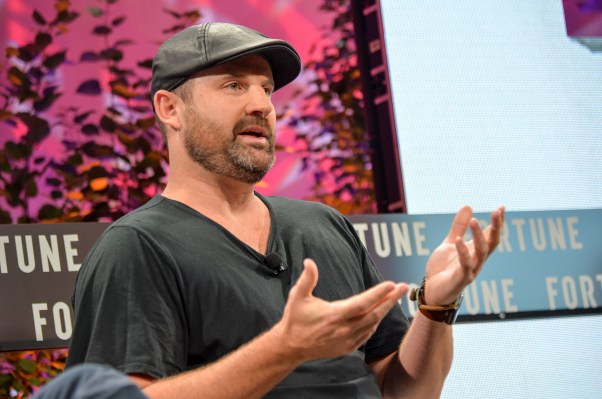Tim Kentley-Klay, the co-founder and CEO of secretive self-driving vehicle company Zoox, was fired suddenly Wednesday by the company’s board.
Kentley-Klay’s departure was first reported by The Information, which cited an unnamed source. Kentley-Klay later tweeted a statement confirming that he had been fired by the board.
Kentley-Klay and Zoox could not be reached for comment. TechCrunch will update the story as it develops.
In the tweet, Kentley-Klay wrote:
I came to this town as a founder only to build the future of mobility, and by the metrics shared here was crushing it against the biggest. But the shocking reality is that this—without a warning, cause or right of reply—the board fired me. Today was Silicon Valley up to its worst tricks. This town sells the story that it backs founders to create real change. Rather than working through the issues in an epic startup for the win, the board chose a path of fear, optimizing for a little money in hand at the expense of profound progress for the Universe. Cheers to the true believers that have built Zoox from scratch these last four years. Don’t let anyone stand between you and what you know is right. TKK.
He also posted a graphic comparing with Zoox the capital efficiency of top autonomous vehicle programs like Waymo, Uber, and Cruise.
Kentley-Klay has since posted more than a dozen tweets, quoting others who have contacted him to express support and disappointment. He doesn’t name anyone, but the presumption is that these are Zoox employees.
The firing comes just a month after Zoox closed a massive $500 million funding round at a $3.2 billion post-money valuation. The round, led by Mike Cannon-Brookes of Grok Ventures, brings its total amount of funding to $800 million.
Kentley-Klay founded Zoox with Jesse Levinson about four years ago. The company is infamous for its secrecy. The first real inside look into the company, and Kentley-Klay, came just a month ago in a feature by Bloomberg’s Ashlee Vance.
The company, which employs about 500 people, wants to deploy autonomous vehicles on public streets and launch a ride-hailing service with its fleet by 2020.
